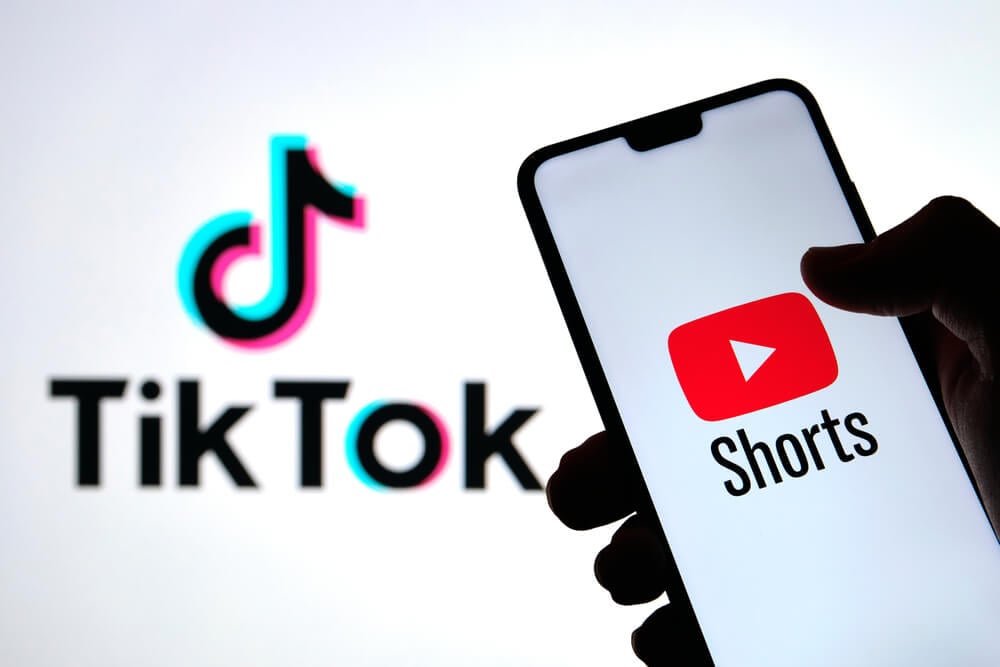4 Tips for Pivoting Your Digital Advertising Strategy Before It's Too Late
.jpg)
The world of digital advertising is in a state of constant flux. Marketers must keep up to date with the latest technologies and tools in order to stay ahead of the curve. Moreover, a company's target demographic may shift over time, meaning that their advertising strategies must shift along with those core consumers.
There are several reasons why marketing managers pivot their existing digital advertising strategy. For instance, more of their audience is using social media than in the past, search engine marketing may not be sufficient in itself to yield best results. Then again, the marketing team may be using the right channels, but not the appropriate content for each stage of the sales funnel.
Whatever the case may be, there are many ways to pivot your strategy before it's too late. The following blog post discusses 4 tips that can help.
1. Review Your Goals and ObjectivesOne of the most important catalysts to an advertising strategy pivot is a comprehensive review of your marketing goals and objectives. It is absolutely essential that you keep your mission top-of-mind, especially when you're making adjustments. Developing and establishing clearly defined goals, whether it's to increase brand awareness, generate more leads, or increase revenue, will help you to focus on tactics that contribute to the overall objective—and avoid tempting but ultimately counterproductive "dead ends."
Using the SMART methodology to set goals can be a huge benefit in this regard. SMART goals are goals that are:
- Specific
- Measurable
- Achievable
- Realistic
- Timely
When you express your overall objectives in terms of SMART goals, your entire marketing team will be on the same page, and your efforts will be much more streamlined.
2. Update Your Marketing Tactics
Once you have your marketing goals in place, you need to ensure that your tactics align with them. Effective digital advertising tactics are the engine that drives your consumers down each stage of the sales funnel. Of course, you need to make sure that your tactics align with each funnel stage. For example, many successful businesses diversify their advertising methods according to the following divisions:
- TOFU (top of funnel). At the "awareness stage," companies often use social media posts, blog posts, and short videos to illuminate a pain point that consumers have, and how their product or service can help.
- MOFU (middle of funnel). In the "consideration" stage, content such as case studies, comparison guides, and white papers can generate consumer interest and move prospects to the bottom of the funnel.
- BOFU (bottom of funnel). In the final "decision" stage, consumers will often take advantage of free trials, coupons, or quote requests. Businesses may also publish product demos and host physical or virtual events to drive sales.
3. Track Your Metrics
One of the biggest challenges that marketers face is determining how to measure the success of a particular marketing campaign. Metrics are important, because as the saying goes: "If you can't measure it, then you can't improve it."
If pivot your advertising strategy to include new metrics, document when and where you started to track them. Some key performance indicators (KPIs) that you may want to incorporate into your marketing plan include:
- Cost per acquisition (CPA)
- Cost per lead (CPL)
- Cost per 1,000 impressions (CPM)
- Return on ad spend (ROAS)
- Customer lifetime value (CLV)
- Sales growth
- Leads generated
- Click-through rate (CTR)
The data you gather from such metrics will help you to make optimal decisions moving forward. For example, many companies neglect retargeting ads because their marketing teams don't realize the impact they can have, when deployed properly. However, statistics indicate that the CTR of a retargeted ad is 10x higher than that of a typical display ad. The point is, knowing your data better will help you to run your marketing operations better.
4. Analyze the Competition
A final tip for pivoting your digital advertising strategy is to analyze your competitors. Your industry peers can provide a wealth of insights in terms of what they are doing well, what they are not doing so well, and how you can take advantage of both their strengths and weaknesses.
For instance, if the messaging from one of your main competitors revolves around the low pricing of their product, can you differentiate yourself by focusing your ad copy on the quality of your equivalent product? By doing so, you would simultaneously create a unique selling point for your brand and add more appeal to your product for a segment of the shared consumer base.
In summary, there are times when you need to pivot your digital advertising strategy, either in delivery or content. You may also need to quantify your results through more accurate metrics. Many companies have found that working with an experienced media partner has helped them to identify when pivots are necessary, and how they should be executed. If you choose to do so, you will likely find that the partnership helps you to achieve your business goals as well.
Related Posts
Unveiling the Secrets: CoxNext Experts Answer 5 Vital Questions on Enrollment Marketing!
May 24th, 202323 Retargeting Statistics You Need to Know
April 26th, 2023Why Partner With Multiple Agencies When One Is All You Need?
April 20th, 202310 Key Tips for Using Video Shorts in Social Media Marketing
April 12th, 20238 Reasons to Use Video Shorts in Marketing
April 5th, 2023What is a White Labeling Service and Why Should You Consider It?
March 29th, 2023What is the Future of TV Advertising?
March 22nd, 2023Marketing Solutions for Every Step of the Buyers’ Journey
March 13th, 20237 Ways to Know Your Marketing Isn’t Working
February 28th, 2023Categories
- Marketing Strategy (90)
- Digital Advertising (47)
- Digital Marketing (28)
- Content Marketing (17)
- OTT (16)
- ROI (13)
- Content Creative (12)
- Agency Partnerships (11)
- Social (10)
- Video (8)
- COVID-19 (7)
- Advanced Data (6)
- Research (6)
- Technology (6)
- Cox Enterprises News (5)
- Generational Marketing (5)
- Industry: Travel (5)
- Industry: eCommerce (5)
- Advertising Budget (4)
- Industry: Higher Education (4)
- Social Media Marketing (4)
- E-commerce (3)
- Podcasts (3)
- Recruitment Marketing (3)
- Search (3)
- Social Media (3)
- Branding (2)
- Inclusive Marketing (2)
- Industry: Cannabis (2)
- Industry: Home Improvement (2)
- marketing budget (2)
- CoxNext News (1)
- Industry - Automotive (1)
- Industry: Healthcare (1)
- Influencer Marketing (1)
- Podcast Advertising (1)
- Privacy (1)
- working with an agency (1)








.jpg)
.jpg)
%20(1).jpg)
